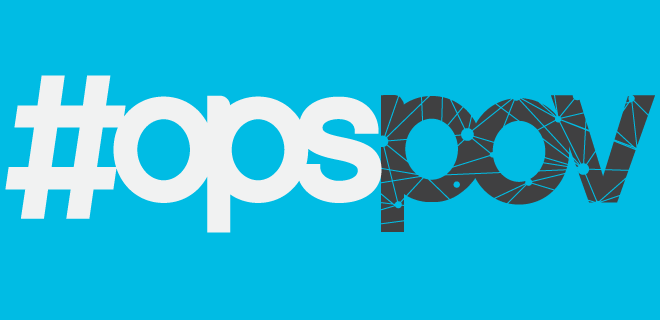
Facebook COO Sheryl Sandberg has been catching heat from all over the internet since this past Thursday, when she told Axios editor Mike Allen that Facebook was not a media company. Her rationale was that Facebook doesn’t produce original news content, doesn’t hire journalists (which it actually has done), and its focus is on developing technology.
Immediate feedback from commentators has pointed out that none of those reasons preclude Facebook or any other digital platform from being a media company, and it’s refreshing so many of us agree on this. If your business makes money from media (by selling ads adjacent to news content), and if you provide a framework that can be leveraged as a leading source of news, you’re a media company. It honestly doesn’t matter whether anyone on Facebook’s payroll is producing the news content: People go to Facebook en masse to read and watch the news, full stop.
I don’t think there’s anything sinister about Sandberg’s claim. Seeing how Facebook is under fire for its role in the 2016 presidential election—for allowing a platform for fake news to spread, and for facilitating ad buys from Russian entities looking to spread misinformation—it’s not even surprising she would say what she did. It’s simple deflection, standard PR managing. If there’s a bright side to Sandberg’s comments, it’s that they’ve sparked a debate about what it means to be a media company in this era.
It’s an important debate because it’s not just about Facebook. Sandberg said in the Axiom interview that Facebook is “a new kind of platform,” but it’s not, at least not brand-new. “Content aggregator” is a well-established business model in digital. For at least 15 years, the internet has been chock full of platforms that, like Facebook, provide easy methods of posting and sharing user-generated content, offer a publishing platform for other media companies, and aggregate content from other sources. Some of those platforms have paid other companies to produce original content. Some have hired professionals to help curate content. Most rely on amateurs to pump out content at scale. Facebook isn’t unique in doing any of these things. It’s just bigger.
In the internet-wide fight for eyeballs, tech and media are intertwined, and they’re not about to separate anytime soon. Leading media companies don’t just throw content up onto the web and see what sticks. They’re waist-deep in tech solutions to find their core audience and expand to new audiences. Imagine if a media company like the New York Times or Washington Post denied they were really in tech. It would be absurd. They’re as much in tech as Facebook is in media.
In the same way, the platforms where those media companies distribute shouldn’t leave distribution entirely up to software. They’re better—they serve the audience better, and they can reduce the harmful impact of misinformation—when human beings provide guidance along with the algorithms’ targeting.
Facebook embraces the reality of the tech/media symbiosis when it’s convenient for them—that is, when they’re talking up the value of their audience’s engagement, or when they’re rolling out new tools related to content distribution. (Mark Zuckerberg did, after all, once say he wanted Facebook Instant Articles to be the “primary news experience people have.”) Facebook needs to embrace it all the time. People are calling on Facebook to be more accountable for the content its users are able to consume. The company needs to answer some hard questions about the degree to which its users could stand to be nudged away from hoaxes, hate speech and personal threats. Is Facebook going to become a nanny, a proxy parent, or wash its hands of overseeing the content that brings users to its platform and keeps them there?
The company has in fact been making moves to keep crap content out, even while it denies being a media company, per se. And that’s a sensible step, because a “walled garden” environment shouldn’t just describe the way it shares or doesn’t share its data. If Facebook is going to be so protective of the data in its back end, I wish it were somewhere close to as protective about the content out in front.